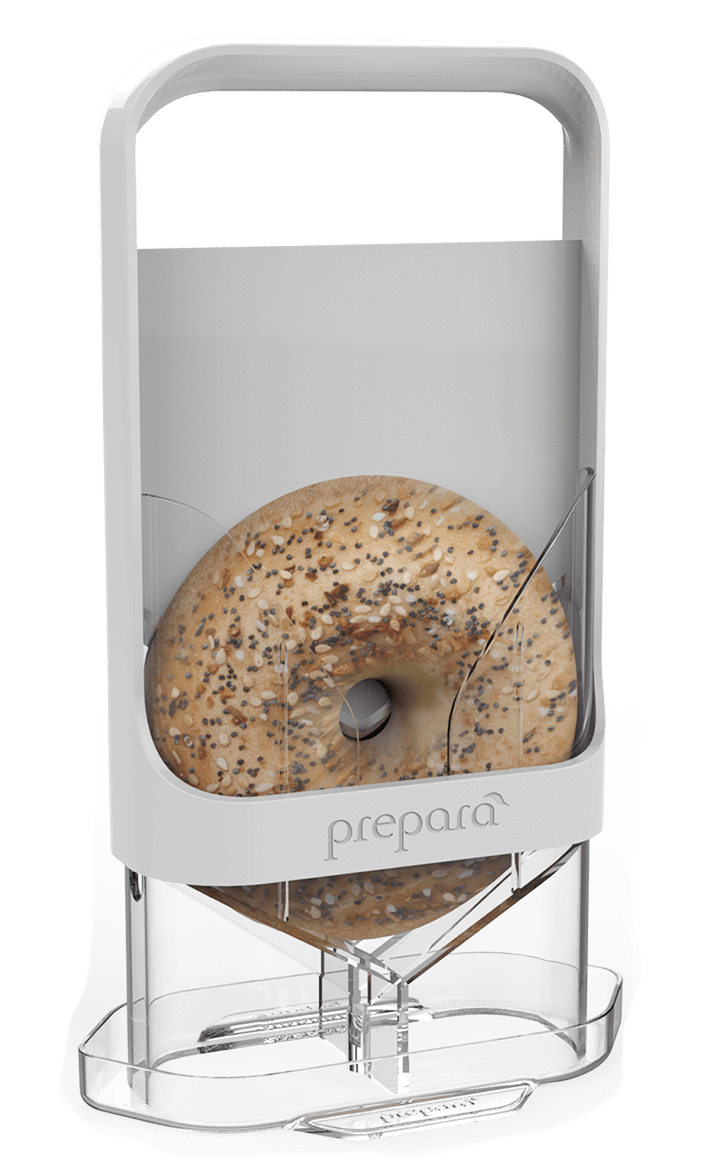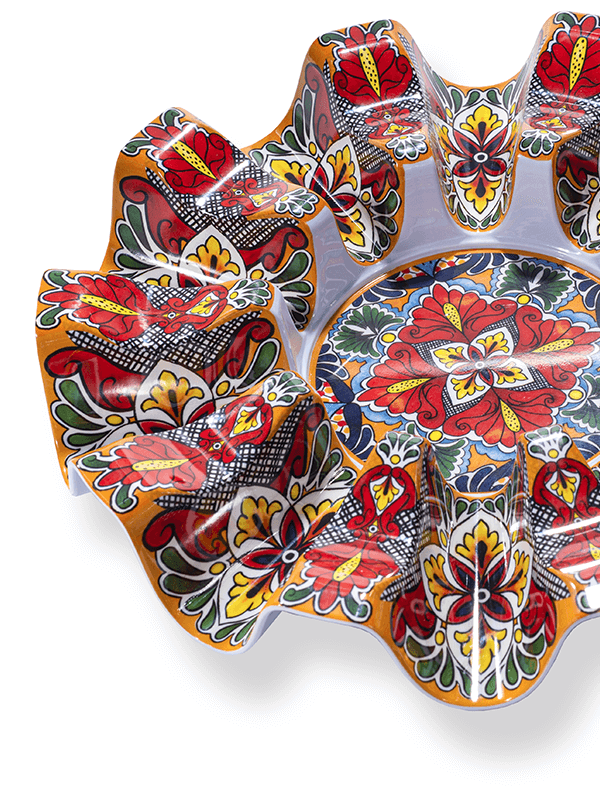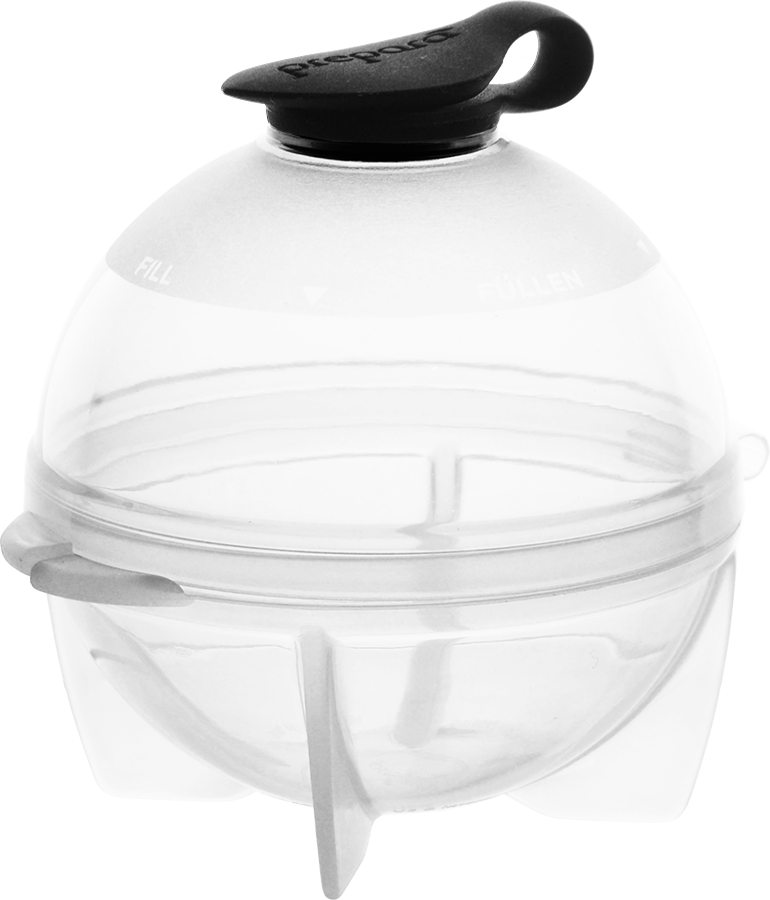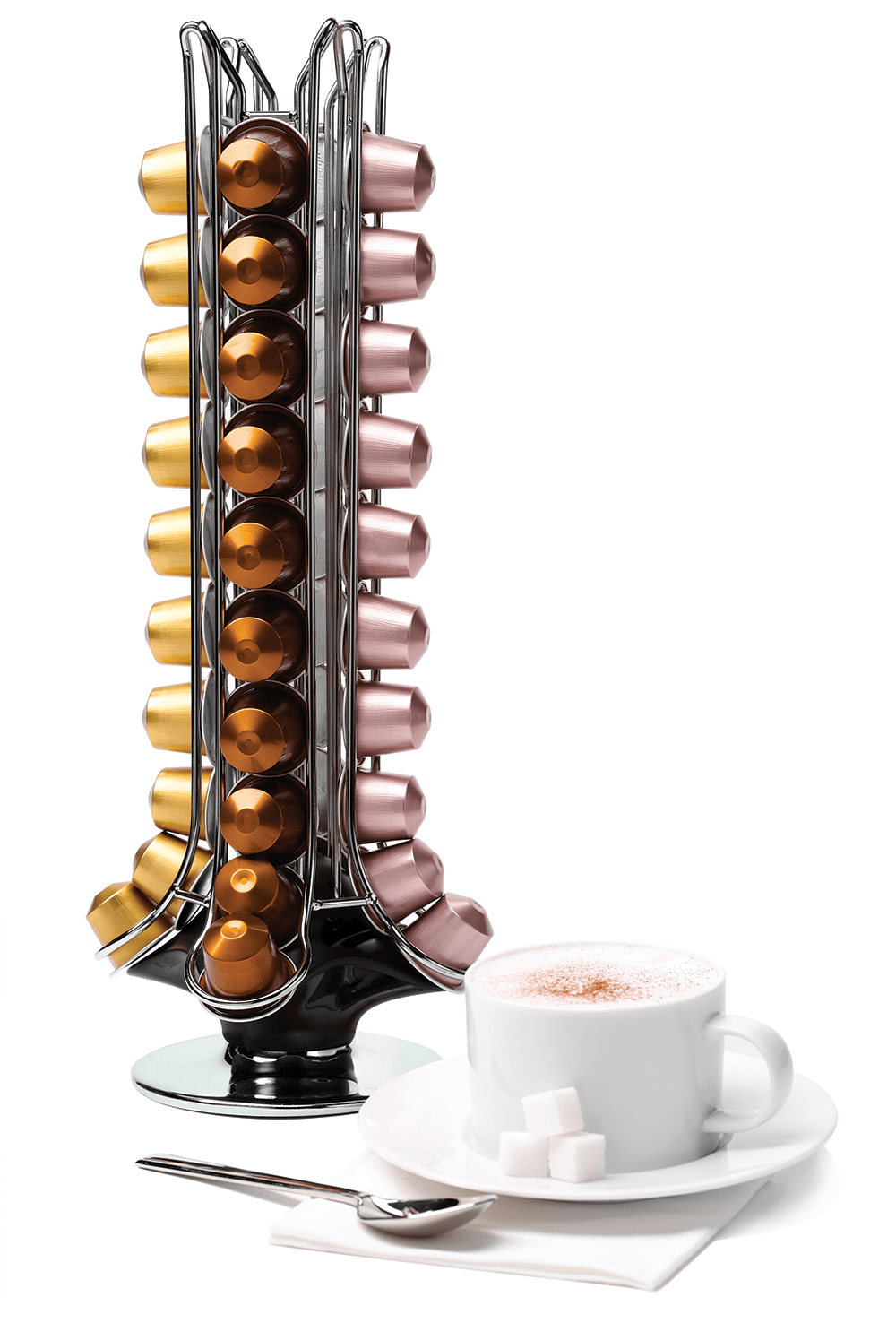Cleaning up after breakfast, lunch, or dinner is pretty routine for most individuals and families. However, did you know that if you're not careful, you could end up causing damage in your kitchen? Even if you've been cleaning up for years, the tips below might help you avoid pitfalls that most people don't even think twice about.
Don't Use Harsh Chemicals on Countertops
If you have granite, quartz, marble, etc., on your countertops, you don't want to use harsh cleaners to keep them tidy. The chemicals and compounds in these can break down the protective coating on the counters and lead to severe damage to the material itself. This can ultimately lead to deteriorating countertops that hold bacteria through cracks.
Don't Pour Fat Down the Drain
According to Fletcher’s Plumbing, the pipes in your house are like veins in your body—it’s critical that they don’t become blocked. The best way to prevent nasty clogs? Recognize the items that do not belong down the drain, and dispose of that waste somewhere else. Common culprits are fats, oils, and grease. These foods tend to congeal as they cool, eventually blocking pipes. It can be tempting to pour fats and oils down the drain after you cook to make for a quick and easy cleanup. Unfortunately, this can result in huge clogs as the fats begin to solidify and adhere to the sides of the pipes. If these cling to other materials in the pipes, such as flushable wipes or food, you'll be left with a huge ball that will have to be removed professionally.
Be Careful Cleaning Cabinets
It's easy to get splatter and dirt on kitchen cabinets, especially those that are used frequently. While wiping these with a damp cloth might work most of the time, tougher messes may leave you grabbing for stronger cleaners. However, it's important to avoid any cleaners not made for your type of cabinets specifically, as this can cause scratches and paint/stain removal.
Use the Garbage Disposal Properly
Do you know the proper way to use a garbage disposal? It begins with running cold water into the sink and then turning it on. After this, slowly place food into the disposal rather than overloading it with too much at once. When finished, turn the disposal off but keep the water running for a few more seconds. Don’t be tempted to just jam everything in at once and flip the switch in an emergency.
Avoid Using the Same Rag
Using the same rag to clean all your counters, dry dishes, and wipe up spills, can result in the spread of harmful bacteria. It's worthwhile to invest in several kitchen rags that can be used in designated areas for maximum cleanliness.
With your kitchen being one of the most used rooms in your home, it's easy to see why protecting it is important. With the tips above, this task will be made much easier. From using the right cleaners to avoiding nasty clogs, you'll find that these help keep your kitchen clean and running smoothly.

























